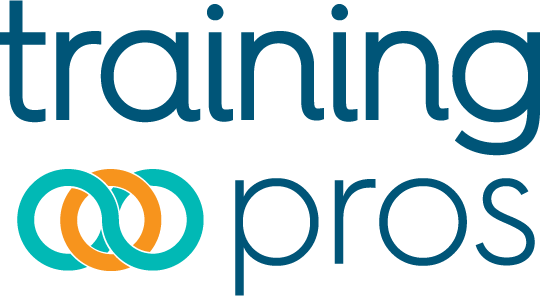Executive Leadership Support Forum: Boston: Speaker Interview
Elizabeth B. Green
Executive Assistant to CFO
Berklee College of Music
Elizabeth will be one of the distinguished presenters at the Executive Leadership Support Forum: Boston.
Why is the Executive Leadership Support Forum important for executive assistants?
The emphasis on Executive Leadership Support is an important distinction from conferences that might focus on administrative assistants. Executives in leadership have broader needs around preparing speeches, presentations (powerpoints), high level reports, communications to divisions, high level fundraising and client interface meetings, and sensitive organizational management (interpersonal) dynamics. Travel, logistics, and meeting management considerations must be mindfully arranged with context and priorities. The higher level executive requires personal and executive assistance to balance time and energy efficiently, and look to the seasoned and experienced executive assistant to master these complexities.
Independently, what have you done to work towards professional development in the past?
I have continued personal educational training in Excel (pivot tables, advanced), Prezi (presentation software), Conflict Management Training (level 1), Wellness Coaching (for myself), Diversity training, and Web/html training.
What is one thing you hope to learn or discuss with your peers at the ELS Forum?
I am interested to learn how the roles of executive assistants are the same and different across industries. I have primarily worked in academic and nonprofit settings for top executives. I started my career in executive recruitment, and in that capacity was a retainer search consultant where I worked business to business with executives. The roles of “assistants” have not changed to a great degree (in terms of the expectation of the person in that role), however I do think that assistants have become more empowered to clarify their function, responsibilities and goals in their positions. I very much look forward to learning how those new to their positions conceive of their roles and whether they are clearer on the expectations for their roles than when I began 25 years ago.
Tell us about a career accomplishment of which you’re particularly proud.
A particular career accomplishment has been to finally embrace that my role is meaningful and necessary for an executive to function at their highest capacity. I was lucky enough to finally find an executive who clearly knew what they wanted from an assistant and can articulate what is needed and valued consistently. My current position has afforded me the self-respect for my skills and also an executive with whom I can continue to work to build improved processes across the division.
In your mind, what is one tool you can’t live without or find especially helpful in your position?
A good electronic calendar. Critical to have the right information and logistics and planning reviewed consistently. In the past five years, the cell phone has become equally critical to my response and management.
Looking back, what advice would you give yourself when you were first starting your career?
Be clear when you start – preferably when you interview – to articulate your unique skills and how they have assisted you to be an effective assistant. Be clear what kinds of communication you need with your supervisor, and ask for regular time on the calendar for questions and clarifications. Be PROUD of the work you do, as it supports the health of the executive organization. Ask for the BEST salary at the start, don’t expect to get a big raise in recognition…..
Are there any blogs, books, articles or online forums you recommend reading?
https://exceptionalea.com/?wref=bif
How do you define success within your role as an executive assistant?
At my annual review, I provide an annual look back at essential elements of my supervisor’s year — travel, (calendar) meetings, conferences, initiatives and project managements, division communications, editing and proofing skills, finance and expense reporting – and provide some data. (how many meetings; how much travel time; numbers of emails handled; project successes or things learned; expense reporting recommendations) and use it as an opportunity to frame the business of our work together. I also know that I am doing well when others tell my boss that I am helpful and good to work with. Money and salary are important. This took me a while to learn. EA’s provide a lot of extra support, and it is important to link your success with requests for bonuses and increases.





